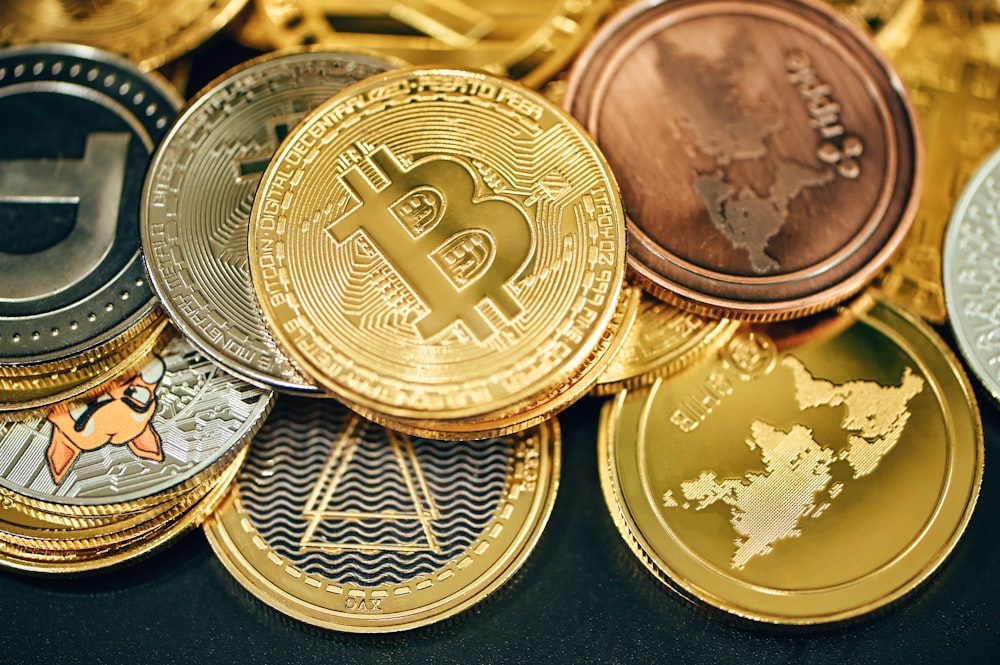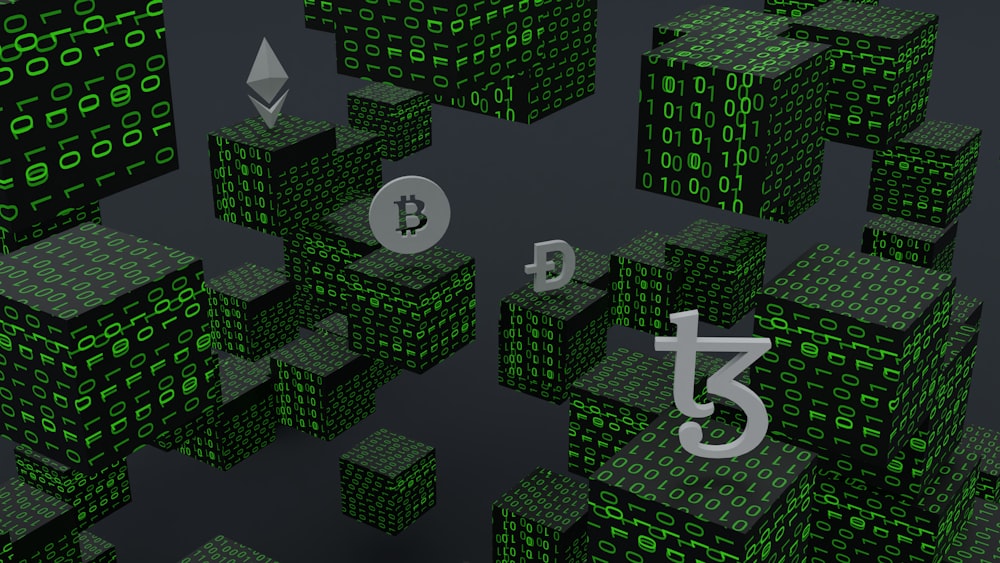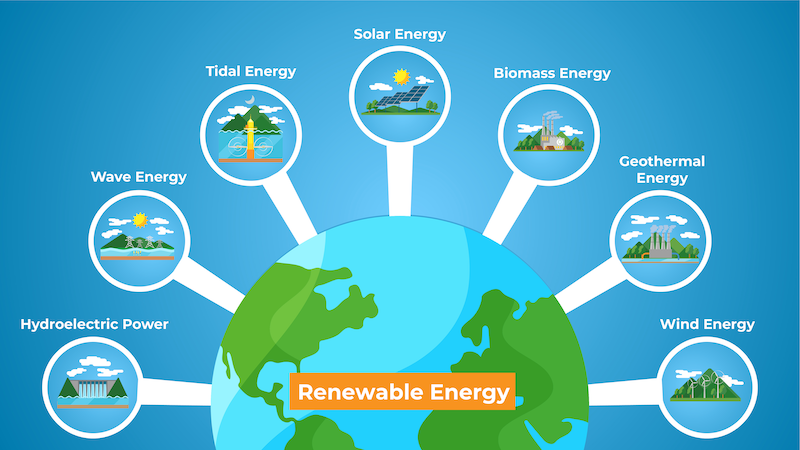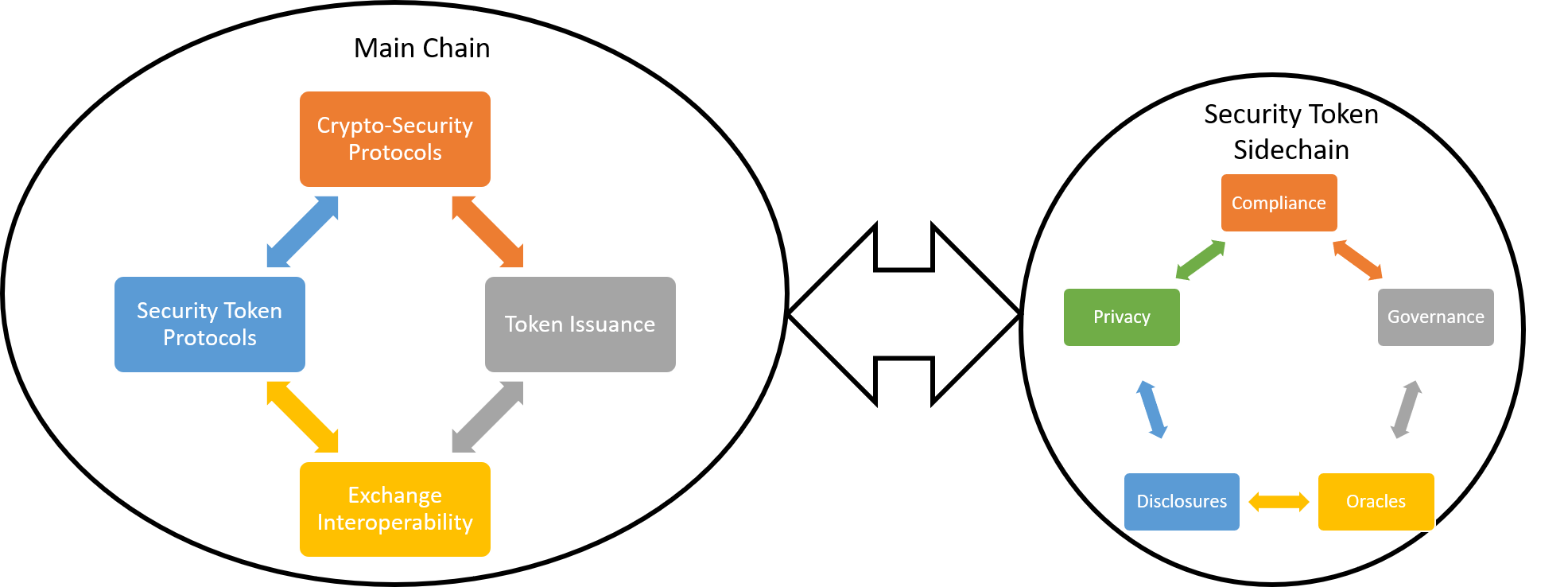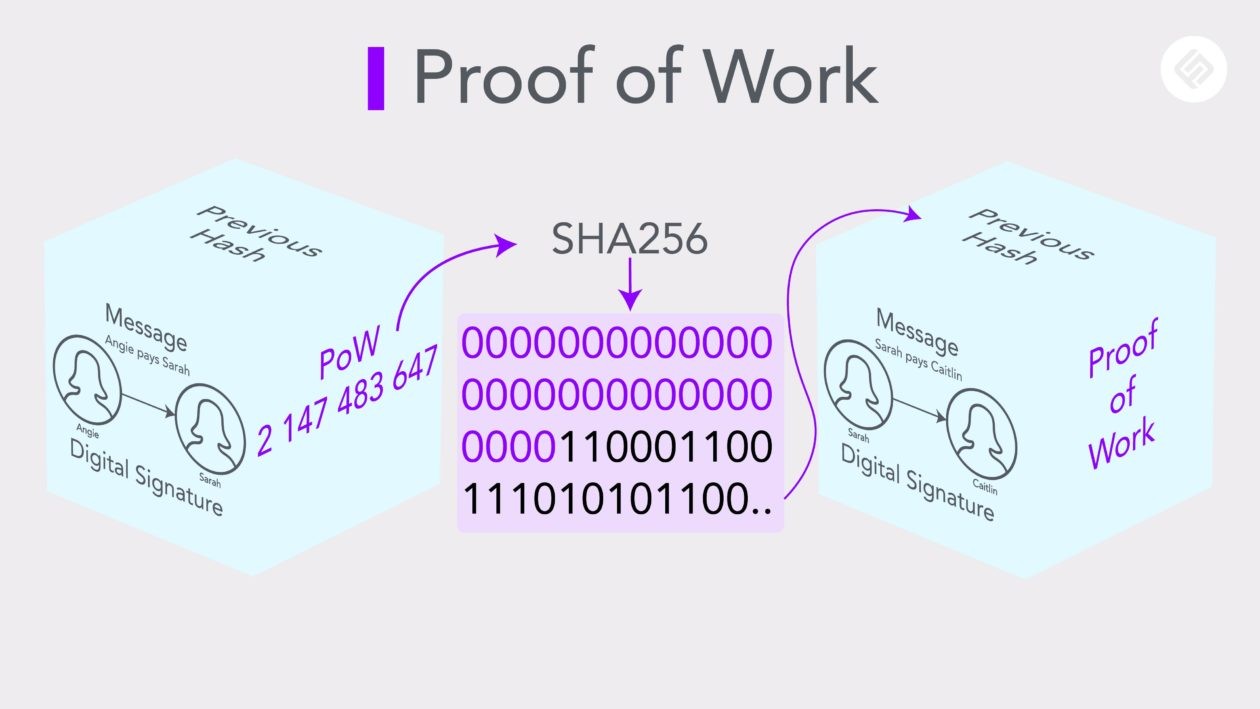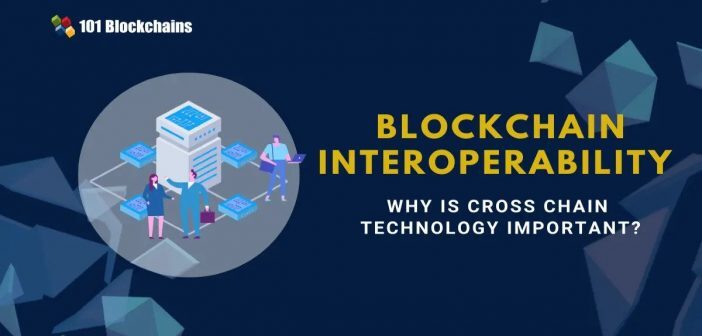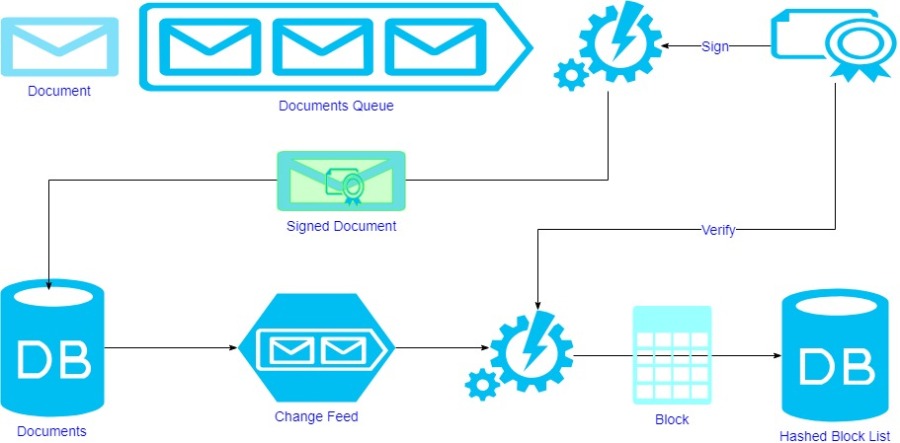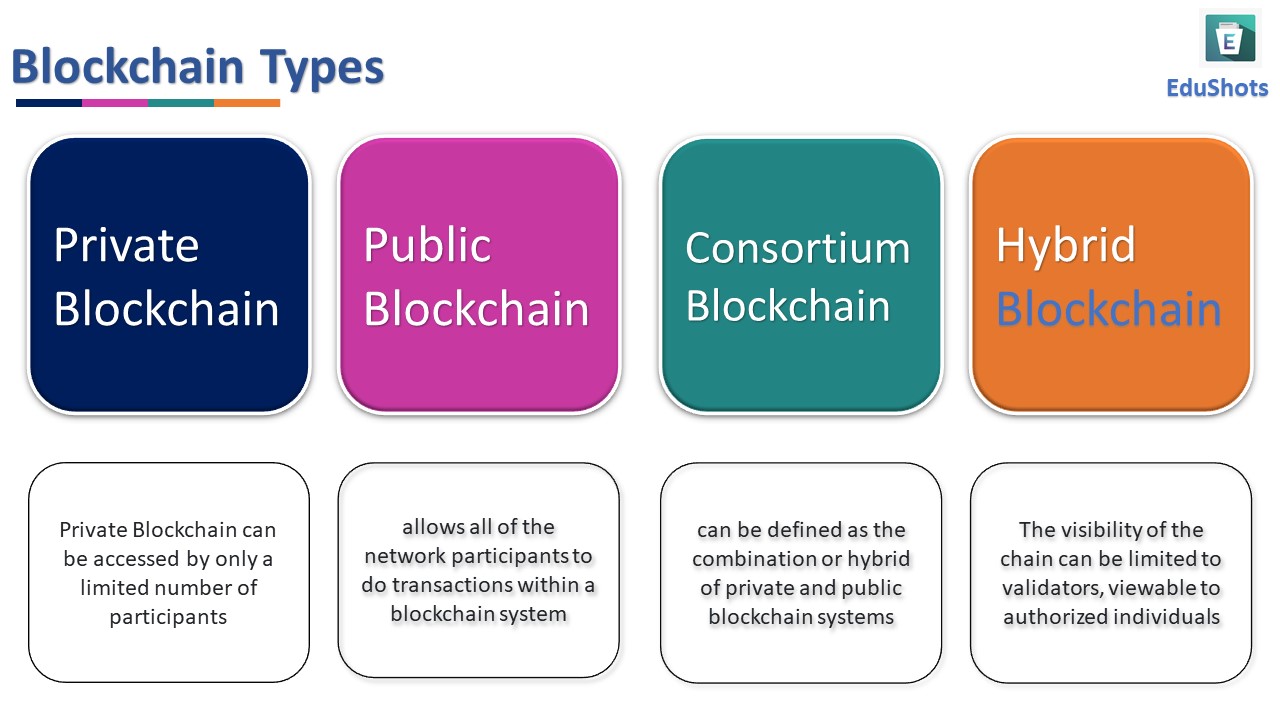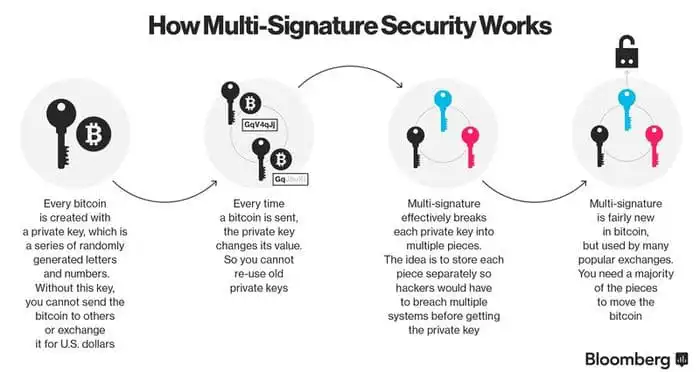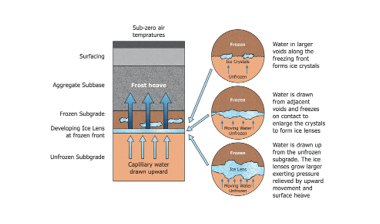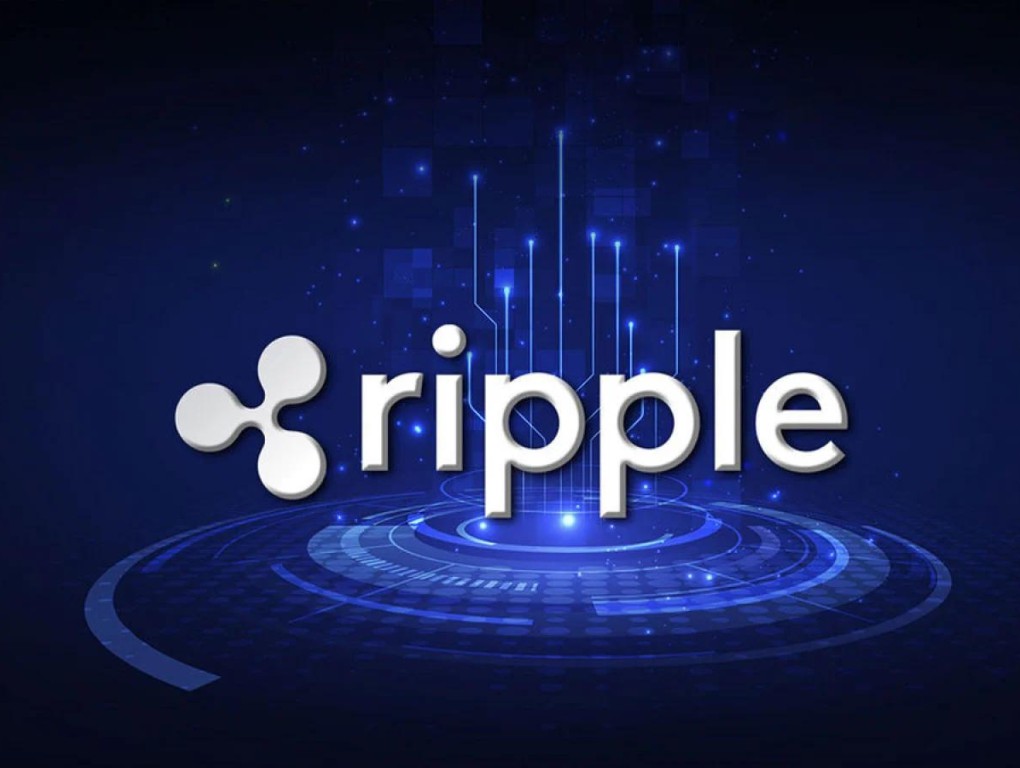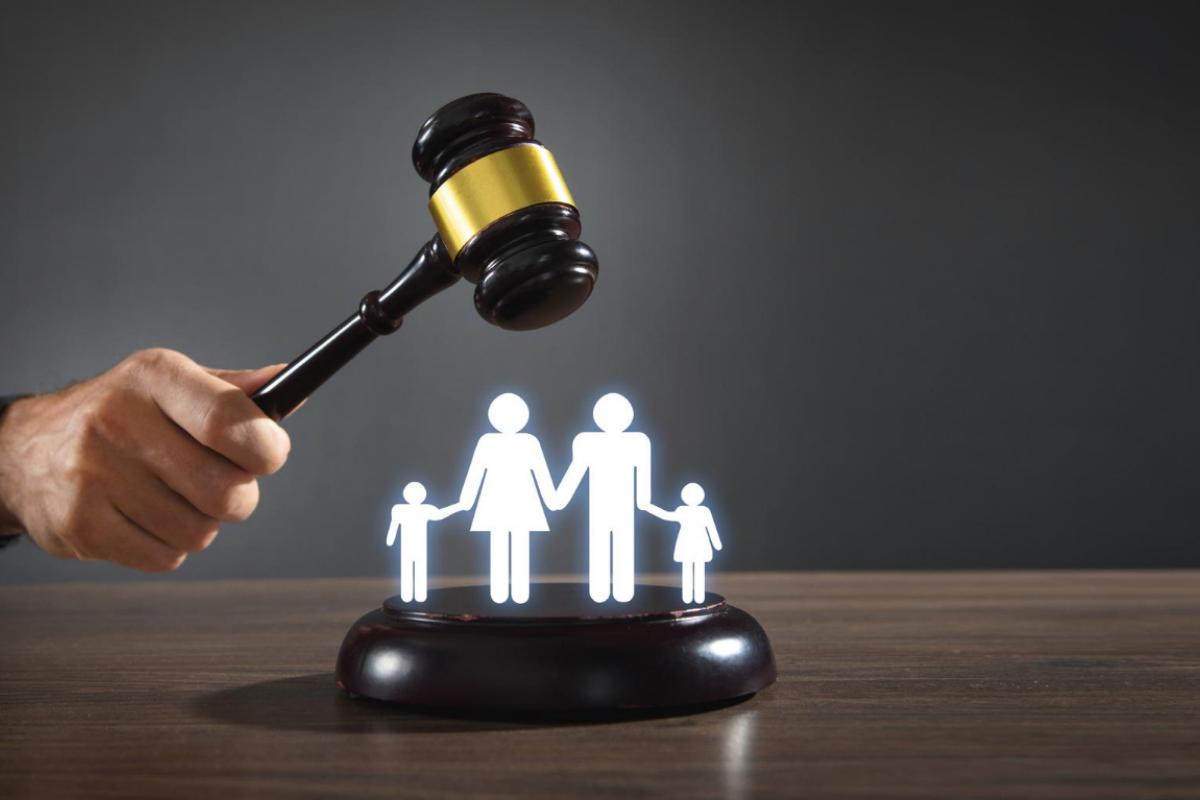
Blockchain and GDPR: A Compliance Nexus Unveiled
Blockchain technology, celebrated for its transparency and immutability, encounters unique challenges concerning General Data Protection Regulation (GDPR) compliance. This article delves into the intricate relationship between blockchain and GDPR, examining the compliance landscape, key considerations, and collaborative efforts shaping a harmonious coexistence.
The GDPR Landscape for Blockchain
1. Data Protection Challenges in Decentralization
Blockchain’s decentralized nature, a core strength, becomes a compliance challenge under GDPR. With no central authority, ensuring data protection principles—such as the right to erasure and data minimization—requires thoughtful design and innovative solutions to align with GDPR requirements.
2. The Right to be Forgotten and Immutable Ledgers*
GDPR enforces the “right to be forgotten,” allowing individuals to request the removal of their personal data. However, blockchain’s immutability contradicts this right, as once data is recorded, it is challenging to alter or erase. Striking a balance between immutability and GDPR compliance becomes a focal point for blockchain developers.
Key Considerations for GDPR Compliance in Blockchain
1. Pseudonymization and Anonymization Strategies*
To reconcile GDPR’s demand for data protection and blockchain’s transparency, pseudonymization and anonymization emerge as crucial strategies. By implementing these techniques, blockchain projects can retain the integrity of their ledger while minimizing the risk of processing identifiable personal data.
2. Smart Contracts and GDPR Compliance*
Smart contracts, self-executing code on the blockchain, present GDPR challenges due to their transparency and autonomy. Ensuring that smart contracts adhere to GDPR principles, especially concerning automated decision-making and consent, requires meticulous coding practices and legal considerations.
Collaborative Efforts and Emerging Standards
1. Industry Collaboration on Blockchain and GDPR*
Blockchain communities collaborate to address GDPR challenges collectively. Forums, consortiums, and industry alliances work towards creating best practices and guidelines that harmonize blockchain operations with GDPR requirements. This collaborative approach fosters a shared understanding of compliance nuances.
2. Emerging Standards and Frameworks*
As the intersection of blockchain and GDPR gains prominence, emerging standards and frameworks aim to provide clarity. These evolving guidelines assist developers, organizations, and regulators in navigating the complexities of GDPR compliance within the blockchain ecosystem. Staying informed on these developments becomes imperative for entities operating at this intersection.
Challenges and Evolving Trends in GDPR Compliance for Blockchain
1. Regulatory Uncertainties and Global Variations*
Navigating GDPR compliance becomes intricate due to regulatory uncertainties and global variations in data protection laws. Blockchain projects must adapt to diverse legal landscapes, requiring a dynamic approach to compliance that considers regional nuances and evolving regulations.
2. Balancing Transparency and Privacy*
Blockchain’s hallmark transparency clashes with GDPR’s emphasis on privacy. Striking a balance between these seemingly opposing principles necessitates nuanced solutions. Innovations that provide selective transparency and privacy-enhancing technologies become integral for GDPR compliance in the blockchain space.
Empowering Blockchain Compliance with GDPR Resources
For a deeper exploration of GDPR compliance in blockchain and access to valuable resources, visit GDPR compliance in blockchain. This resource offers insights, best practices, and the latest developments to empower organizations and individuals in aligning blockchain operations with GDPR requirements.
In conclusion, the coexistence of blockchain and GDPR necessitates a delicate dance between transparency and privacy. By addressing data protection challenges, implementing key considerations, and staying abreast of collaborative efforts and emerging standards, entities operating in the blockchain space can navigate the complexities of GDPR compliance and contribute to a harmonious integration of these two transformative technologies.









